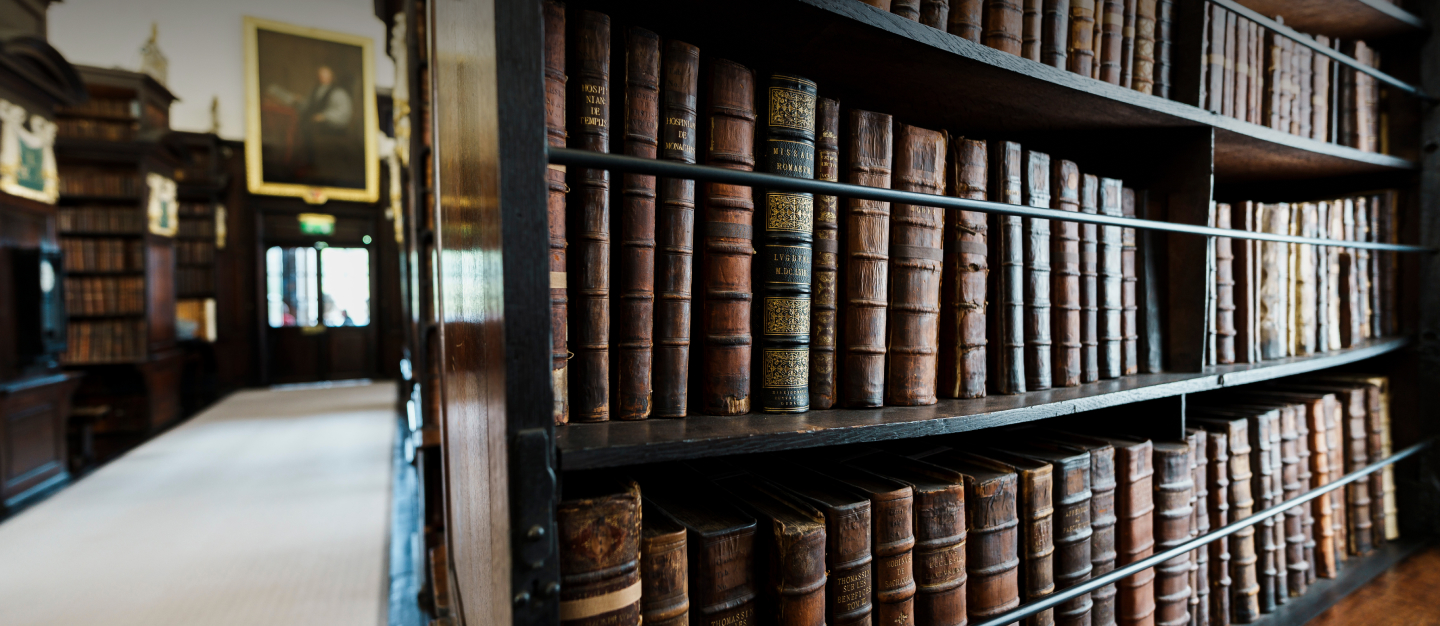| Bibliography: | Woodcut portraits and numerous illustrations. Corners torn from pages 67-69. Binding: bound with eleven other pamphlets in three-quarter morocco and marbled sides. One of the most celebrated court cases of the period. Two marriages had taken place between William Charles Yelverton (later fourth Viscount Avonmore) and Marie Theresa Longworth; the first in 1857 in Edinburgh by reading the marriage contract in private; the second was performed the same year by a Catholic priest in Killowen parish in Ireland; the second was to satisfy Miss Longworth who was a Catholic. Yelverton insisted on keeping the marriage a secret. He subsequently abandoned Marie Theresa and married another woman in 1858. In 1859 Marie Theresa failed in her suit in the London probate court fo the restitution of conjugal rights. In 1861 John Thelwall of Hull brought an action to recover �259. 17. 3. for board and lodging which he had provided for Marie Theresa. The point at issue was that, as a husband who turned our his wife without cause was responsible for her support, the validity of the marriage would have to be acknowledged to recover the money. The case lasted ten days in Dublin (Yelverton being a major in the Royal Artillery in Athlone barracks at the time). The jury voted in favour of the plaintiff, establishing the validity of the Scottish and Irish marriages. The enormous interest in the case packed the court room every day. A crowd of fifty thousand cheered Mrs. Yelverton on her way from the Four Courts to the Gresham Hotel. On the appeal in 1862, the Scottish Court of session annulled the marriage; this judgement was upheld by the House of Lords in 1864. Marie Theresa's attempt to reopen the case failed. Having spent her entire fortune in litigation she subsequently supported herself by her writings. JJ4 AR168/8 |
|---|




